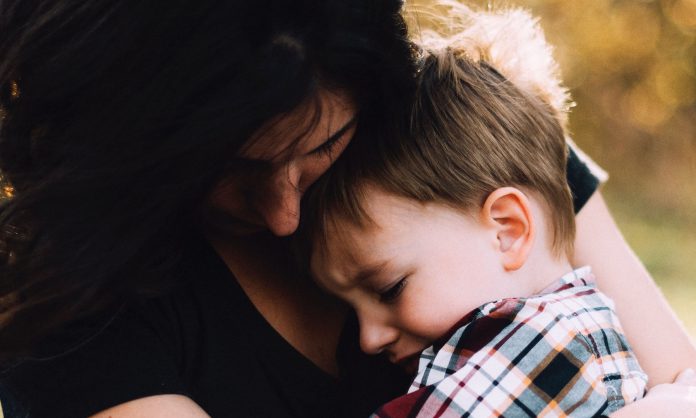These days, it seems as if every month is the flu season and everyone is either sneezing, coughing, or even both.
As moms, we couldn’t help but be worried about our kids all the time. More so once they start school — where the sheer number of kids and activities make it a breeding ground for infections of varying degrees. It’s no secret that kids get sick more easily once they start going to a big school. But as parents, we should also be wary and responsible enough to keep our own kids home if they are sick to ensure that other school kids and the community as a whole, stays safe and healthy. Kids can easily catch up with missed school days, but putting immunocompromised kids in danger or spreading the flu to an entire class (or even school!) is a serious matter.
If you’re unsure whether to keep your child home or send him to school whenever he’s feeling unwell, here’s a simple checklist that can help you out:
Ok to go to school if he has any of the following symptoms:
- Sniffles, a runny nose, or a mild cough without fever: as this could only be an allergic response to dust, pollen, or seasonal changes
- Vague complaints of aches, pains, or fatigue — but is alert and responsive
- A single episode of diarrhea or vomiting without any other symptoms
Keep your child at home if he has any of the following symptoms:
- He looks unusually tired, pale, has a lack of appetite, lethargic, confused or irritable. Any of these is enough to keep your child home for closer monitoring.
- Thick mucus or pus draining from his eye (or both eyes) — eye infections are easily transmitted among kids, so it’s best to keep him home as this could be a sign of conjunctivitis.
- Fever — always remember that kids with fever should always be kept home and could only return to school after 24 hours of no fever without using any medication.
- Greenish mucus/discharge from nose or chronic coughing — these conditions might be contagious and it’s best to consult your pediatrician for this.
- Sore throat — especially with fever or any swelling in the neck area.
- Diarrhea — this is three (3) or more watery stools in a 24-hour period.
- Vomiting — two (2) or more times within the past 24 hours.
- Rash — unidentified rashes especially if he has a fever or finds it itchy.
- Chickenpox — kids must stay at home for five (5) days after the onset of blisters or until all the pox are scabbed over and dry.
And, in light of the 2019 Novel Coronavirus onset, it’s best to keep updated with verified news reports. In such cases wherein an epidemic has been reported in a certain community that you have recently visited or come in contact with, it’s also best to impose a self-quarantine for yourself or your family and keep your kids and even family at home just to be sure.
Remember, it’s better to be safe and sorry when it comes to the health of our kids. And it’s also best to be responsible parents and members of the community to ensure the safety of everyone.
Join our MomCenter Community on our Facebook page and Facebook group for more insights on motherhood and parenting.





